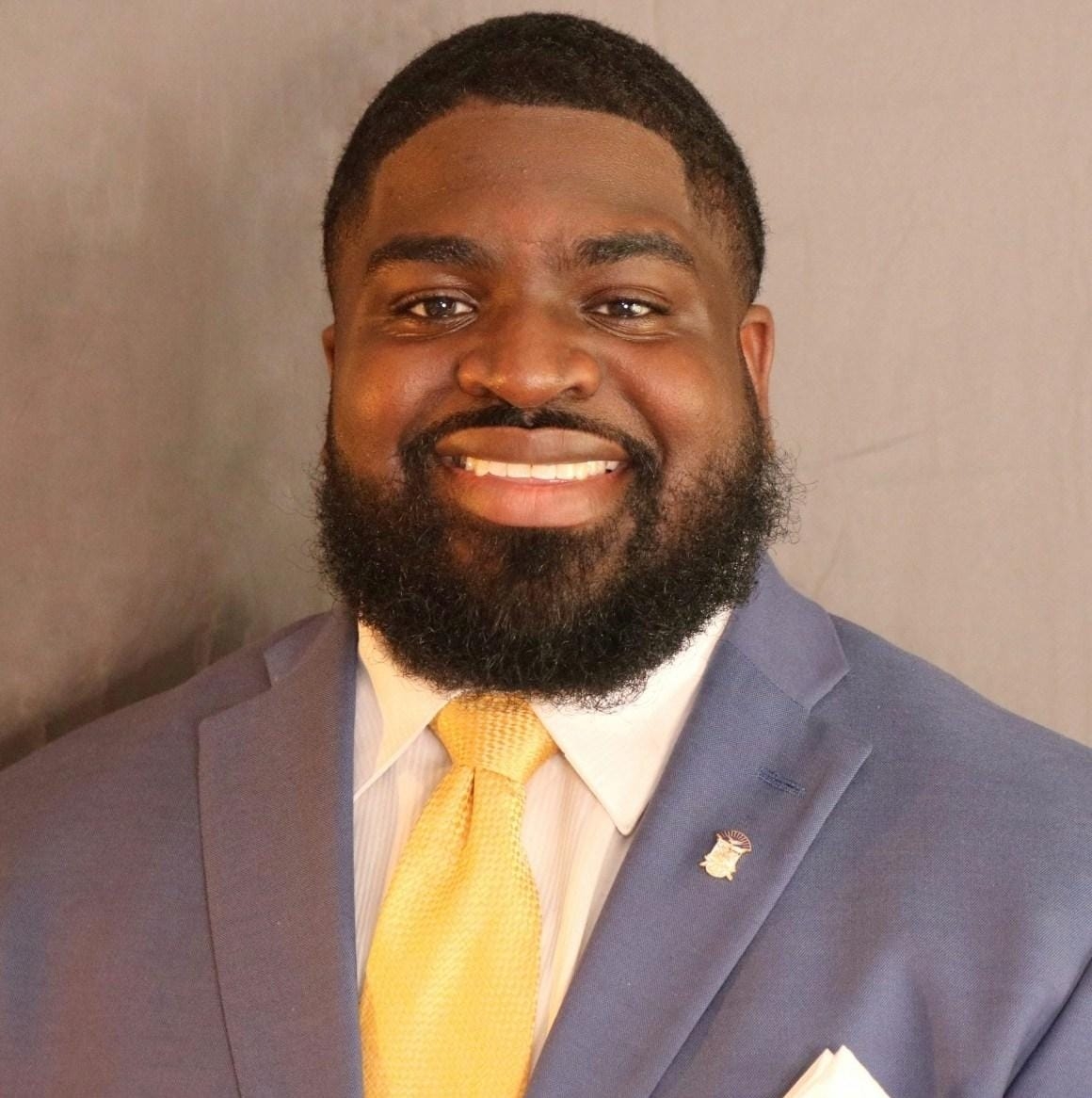
If you’ve been struggling with stubborn aches, tension that never fully goes away, or that “tight” feeling deep in your muscles—your fascia may be the missing link.
Myofascial Release Therapy is a highly specialized hands-on technique that targets the fascia—the connective tissue web that surrounds your muscles, joints, and nerves. When this tissue becomes tight or restricted due to stress, injury, or repetitive motion, it can lead to pain, limited mobility, and compensation patterns throughout the body.
At Mountain Movement Center in Greenville, SC, we’ve taken myofascial therapy to the next level—combining it with advanced chiropractic, movement re-education, and the Day Method to create lasting results. This isn’t a cookie-cutter massage. It’s a proven system trusted by professional athletes and active adults alike—because real healing requires addressing the root of dysfunction, not just treating the symptoms.
Whether you’re an athlete recovering from injury, a mom chasing toddlers, or someone tired of living with daily discomfort, our fascia-focused approach can help you move, feel, and live better.
What Is Fascia?
Imagine a full-body suit of spiderweb-like tissue just beneath your skin—that’s your fascia. It’s a continuous, connective tissue network that wraps around and weaves through every muscle, bone, nerve, and organ in your body. It’s not just a structural support system; fascia is an intelligent, dynamic communication highway that helps coordinate movement and maintain balance throughout your system.
The Silent Architect of Movement
Healthy fascia is flexible, elastic, and smooth—allowing muscles to glide and joints to move freely. But when fascia becomes restricted due to injury, surgery, stress, poor posture, or repetitive motion, it tightens down like shrink-wrap. This creates tension, compression, and pain in places you might not expect—because fascia connects everything.
Fascia Remembers
Fascia is more than just physical. It holds onto the “memory” of trauma, compensation patterns, and even emotional stress. At Mountain Movement Center, we often say: “The body keeps the score.” This means your fascia can hold onto a limp from a sprained ankle 10 years ago… or clench from a job that kept you hunched at a desk for decades. Over time, these stored patterns distort posture, limit mobility, and overwork certain muscle groups—leading to chronic pain.
This is why simply adjusting the spine or stretching a muscle might feel good for a moment—but without releasing the fascia that’s binding you up, the problem often returns.
What Is Myofascial Release Therapy?
Myofascial Release Therapy (MRT) is a hands-on technique that targets the fascia to break up adhesions, reduce pain, and restore natural movement. At its core, it’s about releasing restrictions in the body’s connective tissue—unlocking stuck areas so muscles, joints, and nerves can function as they’re designed to.
But here’s what makes it different from what most people think of as “massage”:
More Than Just Massage
Traditional massage often focuses on relaxing muscles and increasing circulation. While beneficial, it usually works superficially and doesn’t address the deeper structural tension patterns caused by dysfunctional fascia.
Myofascial release goes deeper. It locates precise restrictions in the fascial web and applies sustained, gentle pressure or specific movement techniques to “melt” these adhesions. It may not always feel like a traditional spa massage—it’s strategic, targeted, and incredibly effective.
What Do We Mean by “Release”?
When we say “release,” we’re talking about the restoration of movement at the tissue level. Imagine a tangled rope: fascia can twist, bind, and compress tissues when it’s overloaded. Myofascial release works to untangle that rope, allowing the muscle to fire correctly, the joint to move fully, and the body to function without pain.
At Mountain Movement Center, we combine myofascial release with movement retraining and chiropractic care so your results don’t just last—they become your new normal.
Common Symptoms & Conditions Myofascial Therapy Can Help
When fascia becomes restricted, it doesn’t just affect one area—it throws the entire body out of sync. That’s why at Mountain Movement Center, we often uncover fascial tension at the root of issues patients have been chasing for years.
Here are just a few of the conditions we see dramatic improvements in:
Chronic Pain & Nerve Symptoms
- Sciatica
- Low Back Pain
- Carpal Tunnel Syndrome
- TMJ & Jaw Tension
These often trace back to deep fascial adhesions that compress nerves and disrupt normal movement patterns.
Orthopedic & Movement Restrictions
- Frozen Shoulder
- Rotator Cuff Dysfunction
- Postural Imbalances
- Plantar Fasciitis
- Chronic Stiffness After Surgery or Injury
When joints feel “stuck” or muscles feel chronically tight, it’s usually the fascia that needs attention—not just the muscle itself.
Athletic Performance & Repetitive Stress Injuries
- Tennis elbow, golfer’s elbow
- Strained hamstrings or quads
- CrossFit or lifting injuries
- Hip and knee pain in runners
Our fascia-based therapy is trusted by LPGA golfers, pro surfers, marathon runners, and jiu-jitsu athletes—because it restores functional movement, not just flexibility.
The Myofascial Therapy Approach at Mountain Movement Center
At Mountain Movement Center, myofascial therapy isn’t just a technique—it’s a strategic, results-driven system that begins with a deep understanding of you. Your body. Your movement. Your pain patterns.
Functional Assessment
Before any hands-on therapy begins, we start with our signature exam process:
- Muscle Mapping – Identifies weak, overactive, or misfiring muscles
- Gait & Posture Analysis – Detects how fascia is pulling your structure out of balance
- Motion Testing & Palpation – Pinpoints exact fascial restrictions and compensation patterns
We don’t guess. We test—because every body stores tension differently, and your recovery plan should be as unique as you are.
Advanced, Hands-On Myofascial Therapies
Once we’ve identified the root of your restriction, we create a custom protocol using the most advanced and effective techniques in fascia therapy:
- MRT (Myofascial Release Therapy): Deep, sustained pressure to “melt” adhesions and restore tissue mobility
- IASTM (Instrument-Assisted Soft Tissue Mobilization): Precision tools to break up scar tissue and fascial build-up
- Trigger Point Therapy: Targets those painful, knotted areas that refer pain to other regions of the body
- PNF (Proprioceptive Neuromuscular Facilitation): A stretch-and-contract technique to retrain tight or inhibited muscles
- Trigenics: A neurological treatment that instantly strengthens weak muscles and restores range of motion
- Barnes Method: A gentle, time-intensive release method that helps release deeply held trauma in the fascia
- Percussion Therapy: Stimulates circulation, eases muscle soreness, and preps tissue for deeper release
Retrain Your Fascia & Nervous System
Here’s what makes our approach different: We don’t stop at release—we retrain.
By combining soft tissue release with movement instruction and nervous system reset, we help your body learn new, healthy patterns that prevent pain from coming back.
This is the foundation of The Day Method—Dr. Day’s proprietary system of evaluation and treatment that reprograms faulty movement at the neuromuscular level. Because when your brain and fascia speak the same language again, the results aren’t just fast—they’re lasting.
Frequently Asked Questions
Is Myofascial Release Therapy Painful?
Great question—and the answer is: not usually, but it can be intense. Myofascial release involves slow, sustained pressure, not forceful jabbing or painful digging. That said, restricted fascia can be tender—especially if it’s been stuck for a while. Most patients describe the sensation as a “good hurt”—the kind that feels like something is finally being released. We always work within your tolerance, communicating throughout the session to make sure you’re comfortable and supported.
How Long Do Results Last?
That’s the beauty of our approach: we’re not aiming for temporary relief—we’re going for transformation. Because we retrain movement patterns and restore nervous system balance (not just loosen tight muscles), results can be long-lasting—even permanent when paired with simple follow-up care and movement instruction. Some patients feel immediate improvement; others notice progressive changes over several sessions. Either way, we’re not just getting you better—we’re teaching you how to stay better.
How Is This Different from Deep Tissue Massage?
Deep tissue massage often works on muscles to release general tension. While helpful, it typically doesn’t address the fascial network, which is often where the real problem lies.
Myofascial therapy is more precise and intentional:
- Targets the connective tissue layer, not just muscle
- Uses sustained, directional pressure to release adhesions
- Often combined with movement correction and neurological reset
Think of it as the difference between a surface clean and a deep reset—we’re going deeper to fix the root.
How Do I Know If I Have Fascial Restrictions?
If you’re experiencing any of the following, fascia may be the culprit:
- Chronic tightness that stretching doesn’t fix
- Pain that travels or shifts without a clear reason
- A sense of “pulling” or restriction when moving
- Muscle imbalances or one side of the body overworking
- Lingering pain after injury or surgery—even when imaging is clear
At Mountain Movement Center, we specialize in identifying these hidden patterns with muscle mapping and movement analysis. You’ll leave your first visit knowing exactly what’s happening—and what we can do about it.
Absolutely! Here's a powerful and inspiring wrap-up to the page that encourages action, reinforces trust, and guides the reader toward the next step:
Ready to Experience the Next Level of Pain Relief?
You don’t have to settle for “just managing” your pain. You don’t have to keep stretching the same spot or chasing symptoms that never truly go away.
At Mountain Movement Center, we specialize in getting to the root cause—releasing fascial restrictions, restoring healthy movement, and giving you the tools to stay well.
Still in pain? Let’s find out if myofascial therapy is right for you.
Schedule your FREE consultation today »
There’s no pressure—just answers, expertise, and a personalized path forward.
💬 What Our Patients Say
“I tried everything—stretching, massage, injections. Nothing worked long-term until I saw Dr. Day’s team. My shoulder pain is gone, and I’ve learned how to keep it that way.”
— Emily R., CrossFitter & Mom of 3
“As a competitive runner, I rely on my fascia functioning properly. Mountain Movement’s approach is next-level. They understand performance and recovery better than anyone.”
— Jason D., Marathon Athlete
Serving Greenville, Greer, and Mauldin, SC—and offering virtual consults for those outside the area.
Let’s move mountains—together.
👉 Book Now | Ask a Question | Follow Us on Facebook
We Treat the
Toughest Cases
We'd love to talk with you about yours. Ask us anything and we will get back to you with a detailed answer about your case.

